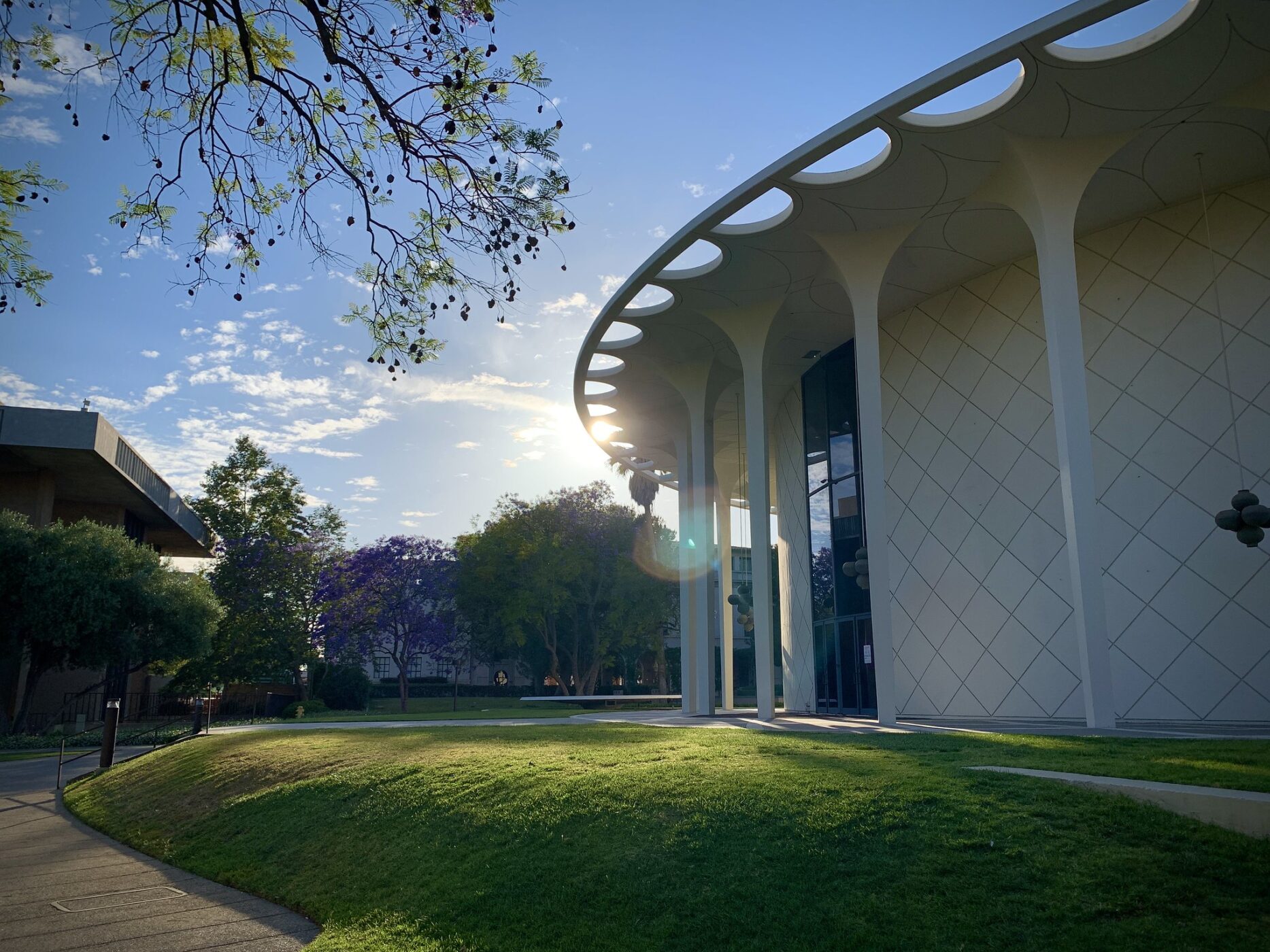The Wallenberg AI, Autonomous Systems and Software Program (WASP) and the California Institute of Technology (Caltech) have signed a Memorandum of Understanding to increase collaboration within research and programs related to AI, autonomous systems and software. This will further strengthen the research within this field.
“A key instrument for excellence in research is close collaborations with world-leading universities. WASP PhD students have unique possibilities for study trips and research stints, and WASP has an excellent international postdoc program. We are now extremely happy to have California Institute of Technology, Caltech, in Pasadena, USA, as an international WASP partner university. Caltech is among the top ten universities in the world, with a strong focus on research and graduate education in technology and engineering”, says Bo Wahlberg, Chair of WASP International Management Group and professor, KTH Royal Institute of Technology.
“Caltech is excited to be partnering with WASP and building on many years of interactions between Caltech and researchers in Sweden with this expanded collaboration. We look forward to working with WASP graduate students, postdocs, and faculty to expand the frontiers of research in autonomous systems and technology, computing and mathematical sciences, and information science and technology”, says Richard Murray, Professor of Control and Dynamical Systems and Bioengineering at California Institute of Technology.
From Postdoctoral Programs to joint research activities
WASP and Caltech will develop collaborative activities in academic areas of mutual interest. This might include activities such as a Postdoctoral Program, Postdoctoral Scholar Research Program, Visiting Scholar Program, visits by and exchange of staff, entrepreneurship and innovation activities, joint research activities, workshops and courses as well as access to research facilities.
WASP is by far the largest individual research program in Sweden. The program is financed by Knut and Alice Wallenberg Foundation and the ambition is to advance Sweden into an internationally recognized and leading position in the areas of artificial intelligence, autonomous systems and software. Collaborations with selected internationally leading universities is important in achieving this goal.
Caltech, in Pasadena, California, USA is a world-renowned science and engineering Institute that marshals some of the world’s brightest minds and most innovative tools to address fundamental scientific questions and pressing societal challenges. Caltech has a strong focus in robotics and control systems. Research in these areas includes the use of machine learning and AI in the planning and design of robots and robotic systems, developing methods of perception for autonomous systems, and enabling interaction with dynamic environments. Centers of excellence at Caltech that will participate in the collaboration include the Center for Autonomous Systems and Technology (CAST), the Center for Sensing to Intelligence (S2I), the Computing and Mathematical Sciences (CMS) Department, and the Information Science and Technology (IST) initiative.
This collaboration will give new insights and perspectives within AI, autonomous systems and software for both parties, with the aim to make major progress within these research fields.
Published: June 18th, 2024
[addtoany]


